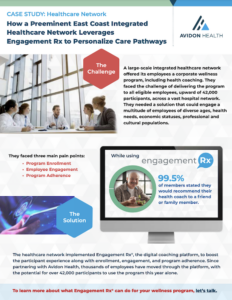In the competitive realm of health coaching, the key to sustainable growth goes beyond merely expanding client lists or increasing revenue. True success hinges on the profound impact you make on your participants’ lives. Investing in the participant’s experience isn’t just about delivering top-notch coaching—it’s about creating an ecosystem conducive to growth, trust, and transformative change. This article explores the multitude of positive outcomes health coaches can anticipate by prioritizing participant experience.
1. Amplified Client Engagement: Engagement levels skyrocket when health coaches focus on enhancing the participant experience. Personalized attention, active listening, and customized coaching sessions are fundamental. Such dedication fosters an environment that participants are enthusiastic about, driving their motivation, commitment, and adherence to the program, which culminates in improved outcomes and elevated client satisfaction.
2. Boost in Referrals Through Positive Word-of-Mouth: A stellar participant experience acts as a catalyst for positive word-of-mouth marketing. Satisfied participants are likely to share their success stories with friends, family, and colleagues, effectively generating a stream of referrals. Health coaches who exceed expectations not only cultivate a loyal client base but also expand their reach through enthusiastic participant recommendations.
3. Enhanced Client Retention: A strong investment in participant experience creates a robust bond of trust and connection. Participants who feel valued, heard, and supported are more inclined to persist in their coaching journey. This retention boosts business stability and growth, reducing client turnover.
4. Improved Client Outcomes: When participants feel genuinely cared for, they are more likely to achieve positive health outcomes. By prioritizing participant experience, health coaches provide a safe space that empowers individuals to explore, grow, and commit to sustainable lifestyle changes, leading to lasting health benefits.
5. Differentiation in the Marketplace: In a crowded marketplace, distinguishing your coaching practice is vital. By prioritizing participant experience, health coaches stand out as providers who deliver exceptional value. This not only establishes a unique brand identity but also attracts clients seeking a transformative and personalized coaching experience.
6. Personal Fulfillment and Satisfaction: Investing in participant experience offers immense personal fulfillment. Seeing participants grow, progress, and succeed provides ongoing motivation and reaffirms a coach’s purpose, inspiring continued dedication to impacting lives positively.
7. Professional Growth and Development: Participant feedback is a treasure trove of insights, helping coaches fine-tune their approaches and enhance program effectiveness. This ongoing adaptation and learning fuel professional growth, enabling coaches to refine their skills and expand their knowledge base.
Conclusion
Investing in participant experience transcends a mere business strategy; it’s a cornerstone of a thriving health coaching practice. By focusing on engagement, personalization, and genuine connection, coaches not only enhance their business metrics but also make a lasting impact on their clients’ lives.














 AI-powered wearable devices and sensors can continuously monitor patients’ health metrics such as heart rate, blood pressure, and sleep patterns, and alert healthcare providers if any abnormalities are detected. This can enable more proactive and personalized care, especially for patients who live in remote areas or have limited access to healthcare.
AI-powered wearable devices and sensors can continuously monitor patients’ health metrics such as heart rate, blood pressure, and sleep patterns, and alert healthcare providers if any abnormalities are detected. This can enable more proactive and personalized care, especially for patients who live in remote areas or have limited access to healthcare.





